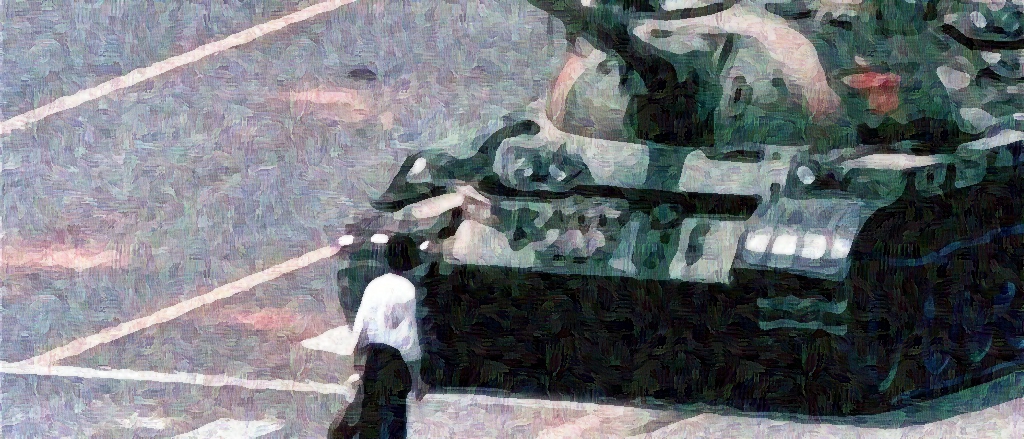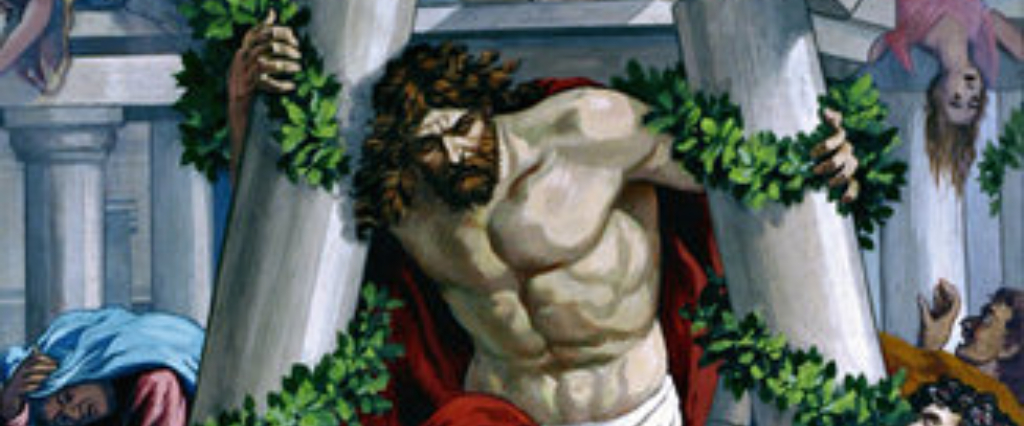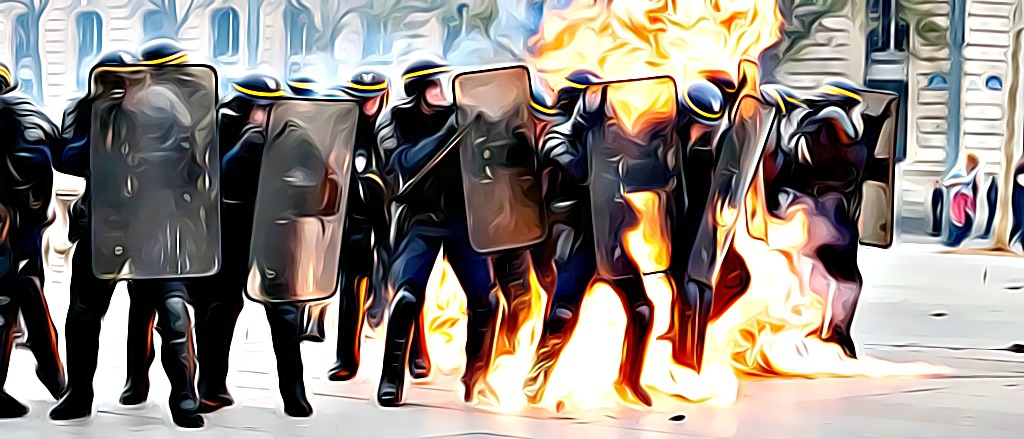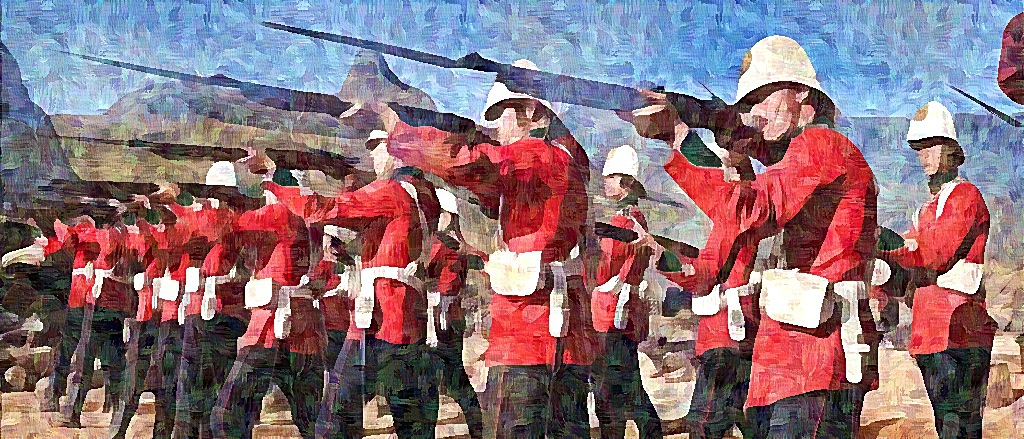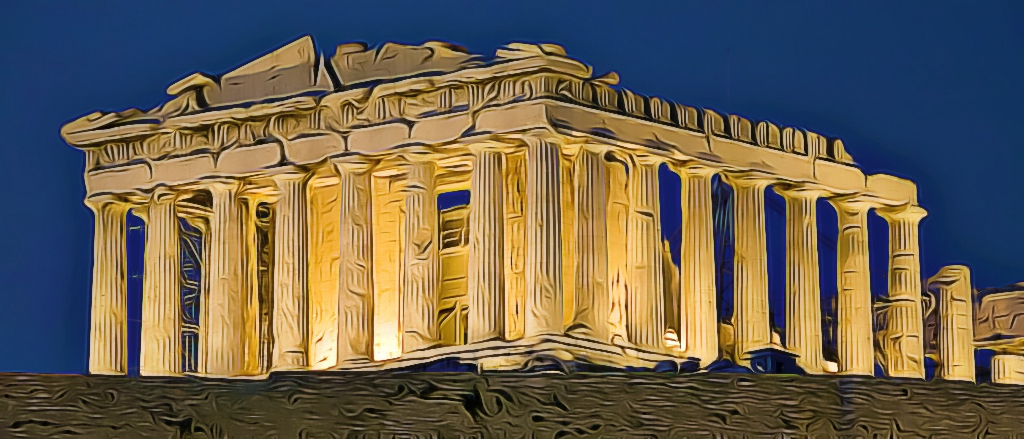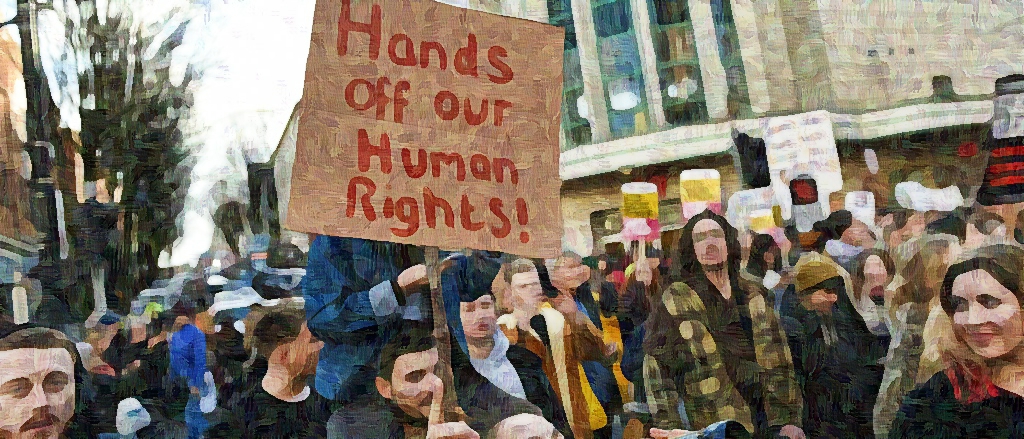Let’s be honest, most people are simply not equipped to engage with abstract political and economic abstractions, and by no means is this a criticism. People don’t always have the time to consume the sheer volume of literature produced. Politics is a complex science, as the study of government and society it involves an endless amount of experience, history, and theory. No politics can be understood by a single equation. Rather, it is approached by many different people who come to political problems with differing political theories.
Love Songs
Permit me, dear reader, a few moments of gratuitous self-revelation. Over the past weeks I have withdrawn from writing to reflect and to delve into the words of others in an effort to understand a world I fear I no longer trust I can understand. Reading Karl Popper’s Open Society, Freeländer’s Nazi Germany and the Jews, Müller on Populism, and Traverso’s The New Faces of Fascism, grappling with the ominous shadow of the rise of the far-right now hanging over us all, I have found myself meditating...
Political Policing and Political Movements
As is always the case, the closer one is to the political establishment, the safer one is from state and media attack. We see examples of this from the British state broadcaster all the time; non-establishment politicians and activists are smeared while their every infraction is blown up out of proportion, while – no matter how criminal their behaviour – the establishment politicians and activists are shielded by the state media and the rest of the political and policing establishment.
The Body of Resistance
In every national struggle it is the same. The victory of the oppressor is the subjugation of the bodies of the nation and the destruction of their souls – and in so doing it executes the very spirit of the nation. Thus, when the fight for the civic and political life of the nation is lost, when the fight for the cultural and linguistic life of the nation is lost, the children of the nation have a choice; to submit in their very bodies and so offer up the death rattle of the nation or resist the tyranny and violence of the oppressor upon and within their bodies – the last and most essential fortress of their mother, the nation.
The Purpose of the BBC
Today, more than four years after that campaign, while the SNP remains the party in government in Scotland and holds the majority of Scotland’s Westminster seats, and as the constitutional crisis engendered by Brexit approaches crisis point, the Scottish government and the SNP continue to engage with the state broadcaster as though it is a neutral agent and an honest broker. It is neither. Outcry over the treatment of Fiona Hyslop MSP, the Scottish government’s Secretary for Culture, Tourism and External Affairs, on BBC Question Time (Thursday 7 February 2019) is nothing new.
You Call Me ‘Marmite’
Calling this analysis “marmite” strikes me, then, as an attempt to create a false distinction between the two dominations – as though they were happening at different times and on different continents. No, they are ongoing simultaneously and under the yoke of the same dominating hegemonic force. They are, whether we like it or not, two theatres of the same conflict. As to the violence, one is latent and the other in hiatus. Insistence upon this false distinction – a form of cognitive dissonance – disables both sides of the struggle from learning from the lessons of the other.
Scotland’s Revolution
Now that the leader of the British unionists in Scotland, Ruth Davidson, has indicated the British government will refuse to permit another democratic referendum on independence until at least 2027, we must take this as a sign that no permission will be granted – period. This means we must now articulate this to the wider movement; that is that the ordinary democratic road has been blocked, forcing us to think of an alternative. That alternative is the more militant, revolutionary road – as described briefly hereinabove. The time has come for the independence movement to start thinking in terms of revolutionary action.
Resisting the British State
Demonstrations of the popular will of the movement are important, but we must bare in mind that marches and rallies serve an internal rather than an external function in the broader strategy of resistance. The unionist media has rightly pointed out - something we already know - that marches do not win people over to our cause. This was never the purpose of the popular demonstration. Convincing others of our need for independence is of the greatest importance, and - within the movement - is proper to the role of the revolutionary praxis of education, organisation, and agitation.
Count Dankula Conviction
The problem here, in my estimation, is that a chasm has opened up between sound ethical reasoning and contemporary culture to the point that more and more people are finding it increasingly more difficult to understand why something is wrong. Where the law is about what is right and what is wrong, ethics is about why something ought to be right and wrong. Without an understanding of why deriving laughter from symbols of Nazi hatred and from the extermination of the Jews during the Holocaust is wrong the law begins to read like an arbitrary and irrational decree.
Planting Grassroots Communities
During the Yes Scotland campaign of 2012-14 local “Yes groups” sprouted up all over Scotland and quickly became the backbone and the bedrock of the independence movement. This was limited, however, in that it was largely the product of a centralised political campaign and its national outreach agenda. Yes groups therefore tended to be reproductions of the same model and struggled to be anything more than top-down hierarchical structures.
